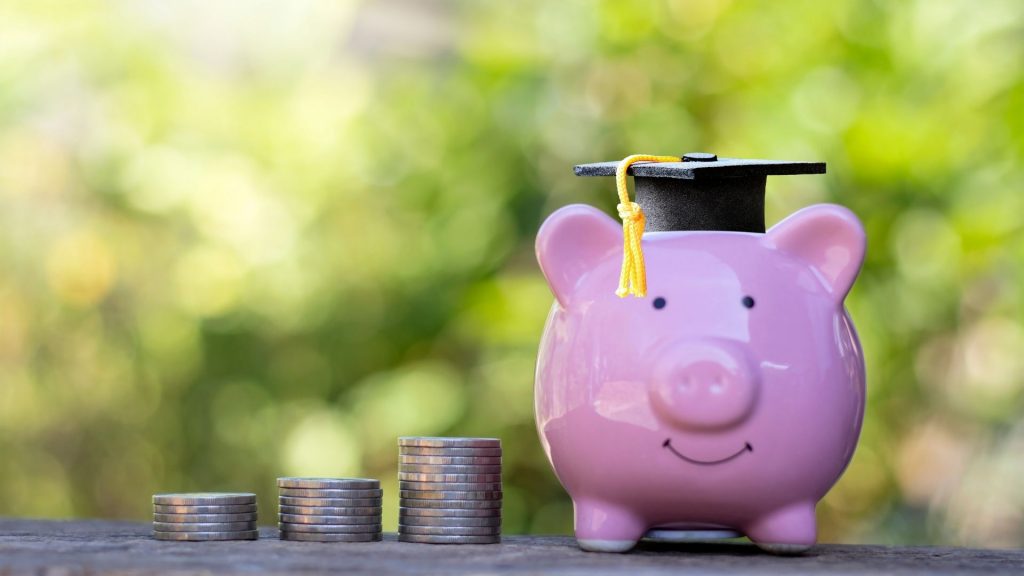US Governors Sign Letter To Biden Urging Him To Cancel Student Loan Forgiveness
22 Republican governors signed a letter urging Biden to cancel his student loan forgiveness act, calling it unfair.
It has been weeks since President Biden used his executive powers to announce unprecedented student loan forgiveness for American borrowers. Such a bold move has received widespread applause from some, and extensive ridicule from others. Today, the decision remains one of the most pressing topics around the nation, especially to nearly half of all U.S. governors, who just signed an official letter to the 46th President urging him to cancel the program.
Almost half of the nation’s governors signed the letter. All who signed were Republican leaders. The 22 states involved were opposed to the measure for a plethora of reasons which resonate with the notions of many others who have argued that student loan forgiveness will only hurt the country.
The governors begin their plea with the president by asserting that they are for making higher education more widely available to all Americans by reducing costs. However, they are vehemently against student loan forgiveness plans that further burden American taxpayers by requiring them to pay for “an elite few.” Much of the Republican governors’ issue with the plan is that they fear it only serves to help “doctors, lawyers, and professors.”
Critics who debate student loan forgiveness with these opponents of student loan forgiveness argue that the program isn’t, in fact, helping the wealthiest Americans. When Biden announced the initiative, he placed an income cap so that only those making less than $125,000 could qualify. Similarly, the majority receiving more relief in the pell grant category already qualified for this way because of their low-income family status.
Regardless, the student loan forgiveness plan is, in truth, aiding those in well-paid professions such as physicians, and the Republican governors that wish to see the program canceled also argued this to be unfair. Millions of Americans have been forced to pay their student loan debt back far before this new plan was even thought of. Arguing the measure as unfair to those individuals, the governors wrote, “College may not be the right decision for every American, but for the students who took out loans, it was their decision: able adults and willing borrowers who knowingly agreed to the terms of the loan and consented to taking on debt in exchange for taking classes.”
Other than fearing it would do little to help the lowest class of Americans and be viewed as unfair, the governors also worry that a major move like student loan forgiveness may only serve to increase the cost of college. The notion is that the plan will encourage students to take out more student loans, and in turn entice colleges to drive up their tuition rates even higher. Despite these fears, Biden’s student loan forgiveness plan doesn’t affect future borrowers and is unlikely to be given out again in the future.

In the letter, the governors opposed to the student loan forgiveness program debate that it is only aiding a select few. They stated that only 16-17% of the public has federal student loan debt, while the remaining majority would have to pay for that relief. But despite their shared views, America remained divided on the subject.
A recent poll found that 55% of the nation supports the plan to forgive $10,000 in debt. But at the same time, 59% fear it will have damaging effects. The debate over student loan forgiveness is likely to continue for quite some time, and it is unknown whether this pressing letter will have an impact on the federal government’s decision.



